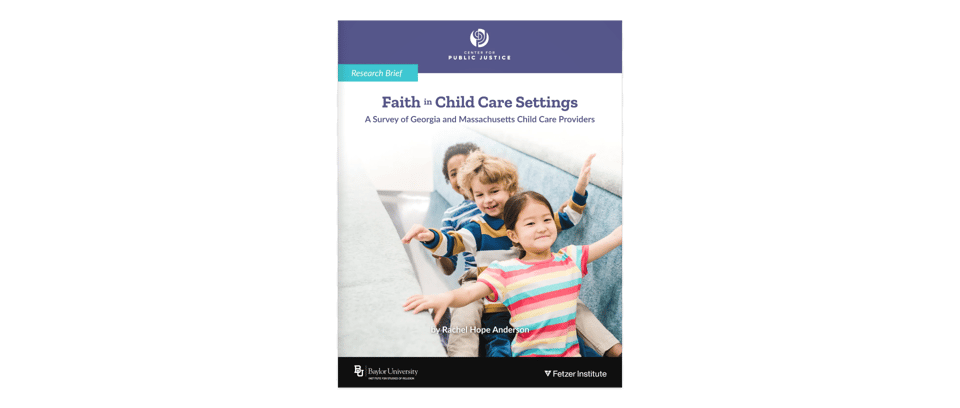From explanation to encounter
As election day nears, I’m turning down the hum of news and political analysis and turning toward a few actions: canvassing in my neighborhood, casting my ballot, volunteering at a polling site on election day. I’m trying to avoid the temptation to explain my fellow citizens in favor of simply showing up with them.
In this showing up, I’m thinking about Pope Francis’ invitation to the practice of encounter. Encounter seeks understanding not only by entertaining ideas about people but also through face-to-face presence with them.
Encounter always involves some uncertainty. My canvassing walk sheet tells me which doors likely lead to my candidate’s supporters; the reality may be entirely different once the door opens.

For the same reason that encounters are risky, they are also creative. Catholic writer Marcus Mescher puts it this way:
To encounter another is to be open to a mystery that extends beyond our reach.
Francis formulated his invitation to encounter in response to social challenges we know well: fragmentation, alienation, mutual misunderstanding, aggression. Regardless of next week’s election outcomes, these challenges will remain. The practice of encounter will be as necessary the day after the election as it was the day before.
In hope,
Rachel
Recent Projects
I published a report on faith in child care settings as part of a project conducted with the Center for Public Justice and Baylor University’s Institute for the Study of Religion.

Recommended Reading
New research from the National Latino Evangelical Coalition listens carefully to attitudes about ministry, faith practice, and politics in Latino congregations.
Circle of Hope: A Reckoning with Love, Power, and Justice in an American Church. Eliza Griswold’s embedded reporting from within a single, idiosyncratic church is also a compelling account of trends playing out across American congregations - generational change, evolving models of leadership, and the influence of social media on religious community.